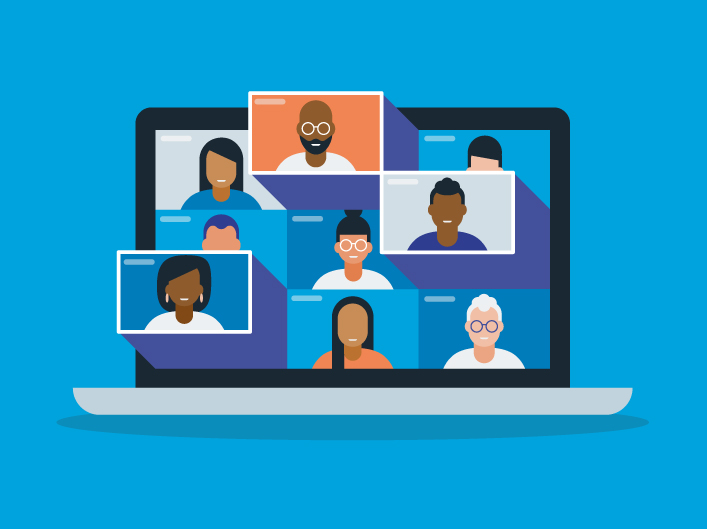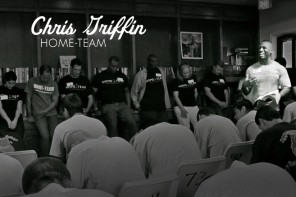Recently an NBC News poll brought light to the hesitation to return to work among a majority of Black knowledge workers, such as programmers, architects, engineers, scientists, designers, public accountants, lawyers, editors, and academics. The poll indicates that this hesitation to return to in-person office work is not due to fears of COVID infection, variant strains or un-vaccinated personnel, but racially fueled microaggressions.
The NBC News poll results of 97 percent “not ready” to return to work is backed up by a study from Future Forum indicating only 3 percent of Black knowledge workers “are ready” to return to in-person work environment.
Publications from FastCompany to Forbes have presented articles on steps individuals and companies can take to battle racism in the workplace. A common point is to keep having conversations.
To keep the conversation going the following is an open letter to Plano Magazine from a local Black executive that voices these concerns.
It’s time to go back to work. I read the announcement aloud. We’re finally getting back to normal. That is exciting. Then suddenly, my stomach hurt. I knew I missed my team, my colleagues, the collaboration, culture and rhythm of work. The pandemic had thrust me into a new world without warning. Over time, though, the new normal became an environment I thrived in.
My hours were even more insane than before. I often work from 6:30 a.m. to 8 p.m. or until early in the morning, but I somehow felt safer and more balanced than I’d felt in years. Some of it had to do with the ability to integrate work and motherhood more easily. However, the upset stomach felt like more than a family balance thing.
While working from home, I actually felt safe for the first time in my career. The workplace isn’t always a safe place when you are a person of color, particularly a woman. I learned this lesson early. I started my career in the Midwest as an 18-year-old intern in an ill-fitting suit. I had to get up at 5 a.m. and commute on the city bus downtown. Even though all my friends were sleeping in and working at the mall, I was thrilled to start my career journey.
I was a Black teen, one of just two Black people on the floor. I came off the elevator to start work among a sea of white faces, aged 35-55. Although I felt uneasy about the lack of diversity, I still felt grateful for the opportunity to start the internship. It all came crashing down my first week.
I was asked multiple times my first few days if I was there because of some affirmative action program. I spent the summer explaining that I’d worked for this internship for four years. I attended training sessions and sacrificed my time by waking up every other Saturday morning at 6 a.m. all four years of high school, and I attended daily summer school to interview and be selected for the opportunity. I did not hear the same scrutiny of interns who were there because of their parents’ connections.
I’ve been subjected to some incredibly tricky situations over the course of my three-decade career. During my house-hunting trip for my first professional job out of college, I was pulled over by the police. I was in the car the company rented on my behalf. With no explanation, we were detained and stood there devastated with our hands and body pressed outside the car for close to an hour. We were let go after being told they check everyone’s plates who come into the area.
In the workplace, an assistant shared a joke with white colleagues in front of me and used the n-word. I have been told from co-workers that African-Americans typically have children out of wedlock. I have been subjected to finance presentations explaining how there is more debt in health care when African-Americans are patients because “they just don’t pay their bills.” I have had to lead corrective action conversations with high-level leaders who shared with their employees how “lazy Black people are.” I have been told how “articulate” I am compared to other Black people.
I have never had an African-American boss, and it is stressful to not have one who understands and relates to me. I worry constantly about coming across as an “angry Black woman.” My peers may be much more forceful without the same negative stereotype assigned to them.
These blatant and sometimes subtle acts of bias and racism take a toll on your mental health and your sense of safety. It is difficult to bring your whole self to work each day when you have felt so violated in so many different ways. When you have these experiences in the “safety” of the workplace, being at home has offered a sense of calm for my soul. There is a freedom in not worrying. There is a safety in not feeling judged.
Although it is behind a Zoom screen, I have felt like I have been able to bring my whole self to work in ways I never have before. Maybe it’s because my co-workers now ask about my husband and children in the photos behind me. Maybe it’s because I do not have some of the additional stressors of being a full-time employee and parent with a commute. But I think it is mostly because my home is safe. It’s safe from hurtful comments from co-workers and free from the armor that my experiences in the workplace require.
There is a lot to be happy about when we return to our workplaces and get closer to our old lives. If you are a leader, please do not forget that for some of us, even great companies have a history that do not always make us feel comfortable. Diversity is not always about programming and promotions. Diversity is about your past, feelings and emotions. Consider that some of your employees of color may not feel the same as other team members when they venture back into the office.
— Allison, Human Resources professional at a Plano-based organization





